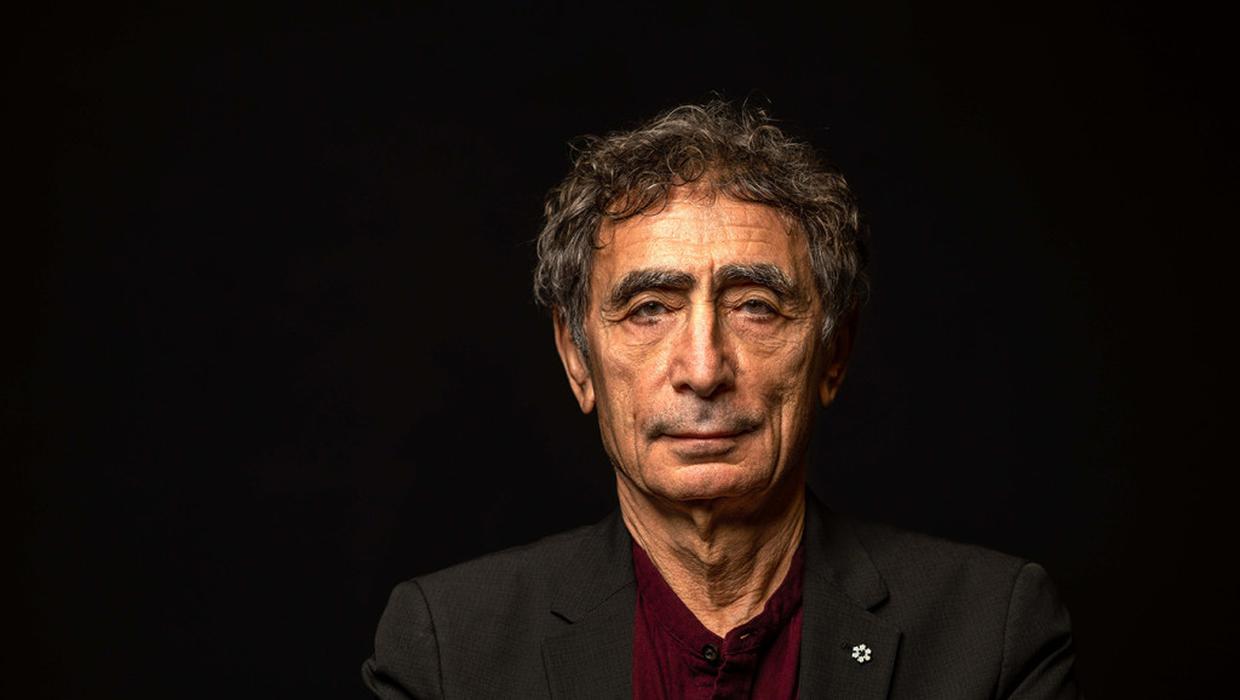Who is the doctor who correlates suppressed anger with cancer?
In many cancer studies, the most consistently identified risk factor is difficulty expressing emotions, particularly those associated with anger.

Gabor Mate in short
Born in Budapest, Hungary in 1944, Gabor Maté immigrated to Canada with his family in 1956. Maté, who previously worked as a history teacher at a local high school, has worked mainly with AIDS patients, mentally handicapped, and drug addicts after studying medicine.
Gabor Maté (born January 6, 1944) is a Canadian physician and author. He has a background in family practice and a special interest in childhood development, trauma and potential lifelong impacts on physical and mental health including autoimmune disease, cancer, attention deficit hyperactivity disorder (ADHD), addictions and a wide range of other conditions.
In addition to his practice as a doctor, Maté has entered the bestseller list in many countries and has written four books that have been translated into more than twenty languages.
Gabor Mate also won the Alumnus Award from Simon Fraser University in 2009 and received an honorary doctorate from Northern British Columbia University in 2011.
Excerpts from his books
Almost all of my patients who were struggling with a serious illness were people who had not learned to say no in an important area of their lives.
In many cancer studies, the most consistently identified risk factor is difficulty expressing emotions, particularly those associated with anger. Suppression of anger is not an intangible emotional feature that mysteriously leads to illness, but a major risk factor as it increases physiological stress on the organism.
We try to grasp it by separating the body from the mind. We want to describe people as living in isolation from the environment in which they grew up, lived, worked, played, fell in love, and died.
'Search and you will find', said a great sage. The search itself is already finding; for one can only passionately seek what he knows already exists.
This is the case, for example, when someone describes themselves as a "control freak." However, there is no innate human inclination to be controlling. What is present in the "controlling" personality is deep anxiety. Infants and children who perceive their needs are not being met may develop an obsessive coping style that is concerned about every single detail.
A search outside in the light does not give us the key to health; We need to look within, which is a dark and blurry place.
We will understand ourselves to the extent that we feel understood, we will love ourselves to the extent that we perceive that we are loved at the deepest subconscious levels, and we will show ourselves compassion to the extent of the compassion we felt when we were little children.
While refusing something makes you feel guilty, if consenting will leave a feeling of resentment, choose guilt. Resentment is the suicide of the soul.
It is very important to understand that you need to take care of yourself because you cannot take care of anyone without taking care of yourself.
Sometimes the problem is not that we are weak, but that the demands we impose on ourselves are impossible.
The first step to regaining our health is to let go of attachment to what is called positive thinking.
His published books include
A New Look at the Origins and Healing of Attention Deficit Disorder (1999),
Hold On to Your Kids: Why Parents Need to Matter More Than Peers (with Gordon Neufeld, 2005),
In The Realm of Hungry Ghosts: Close Encounters With Addiction (2009).
